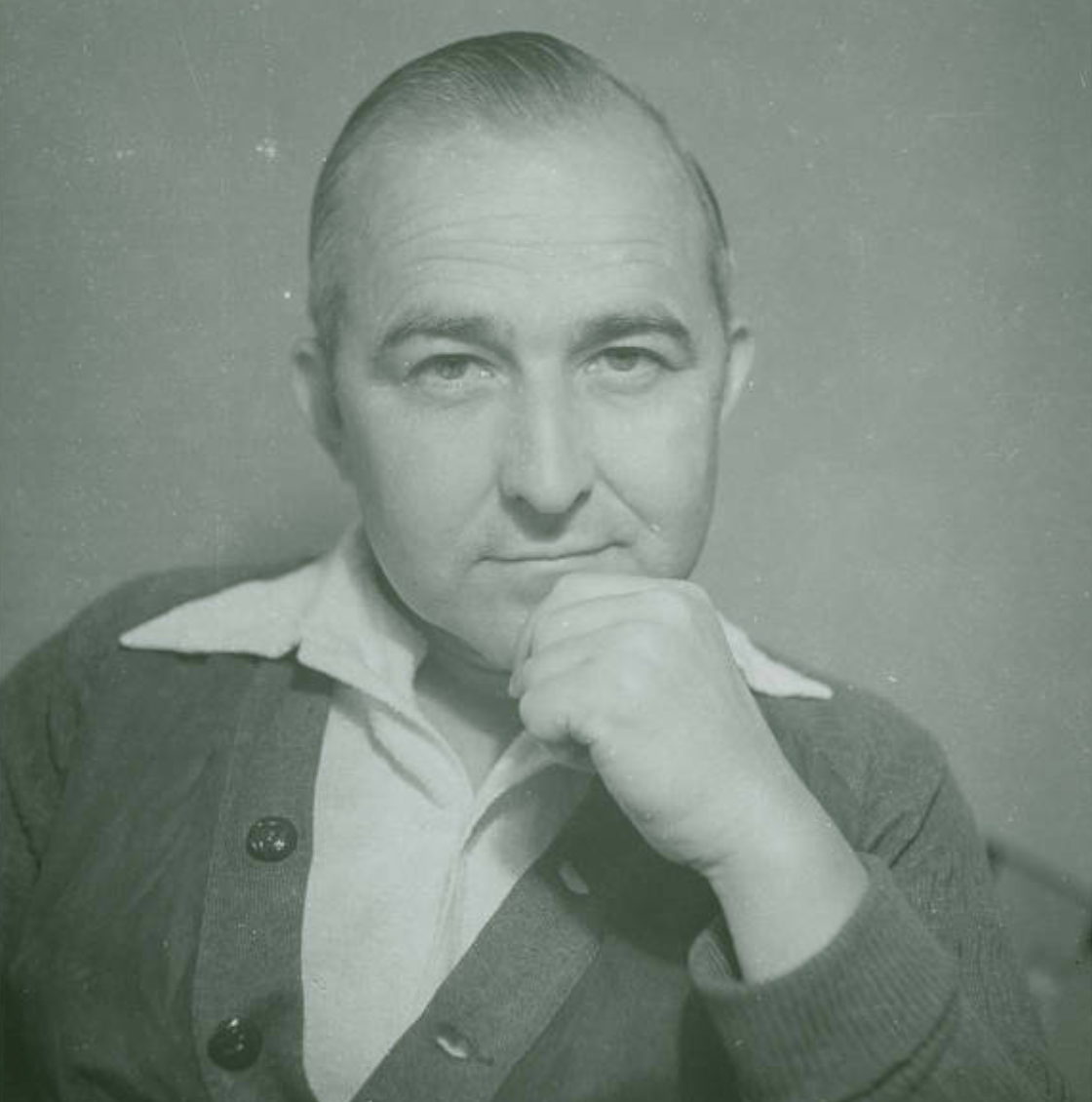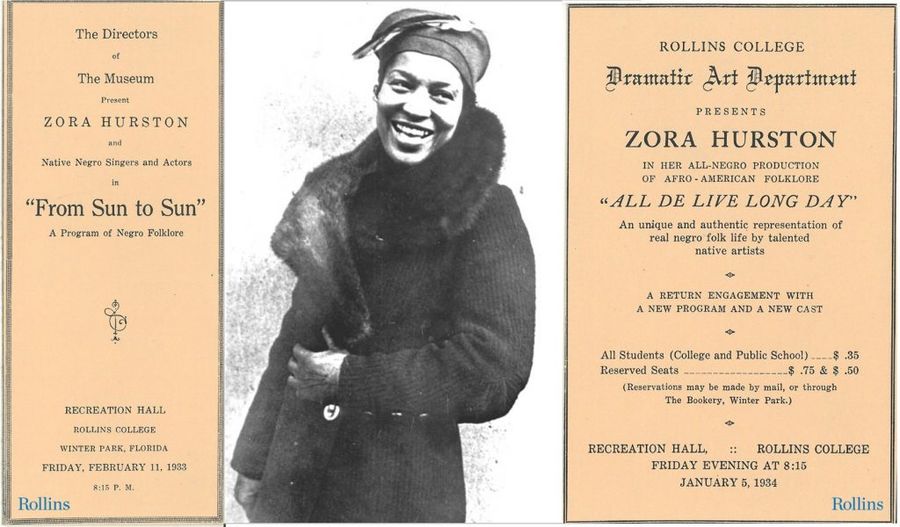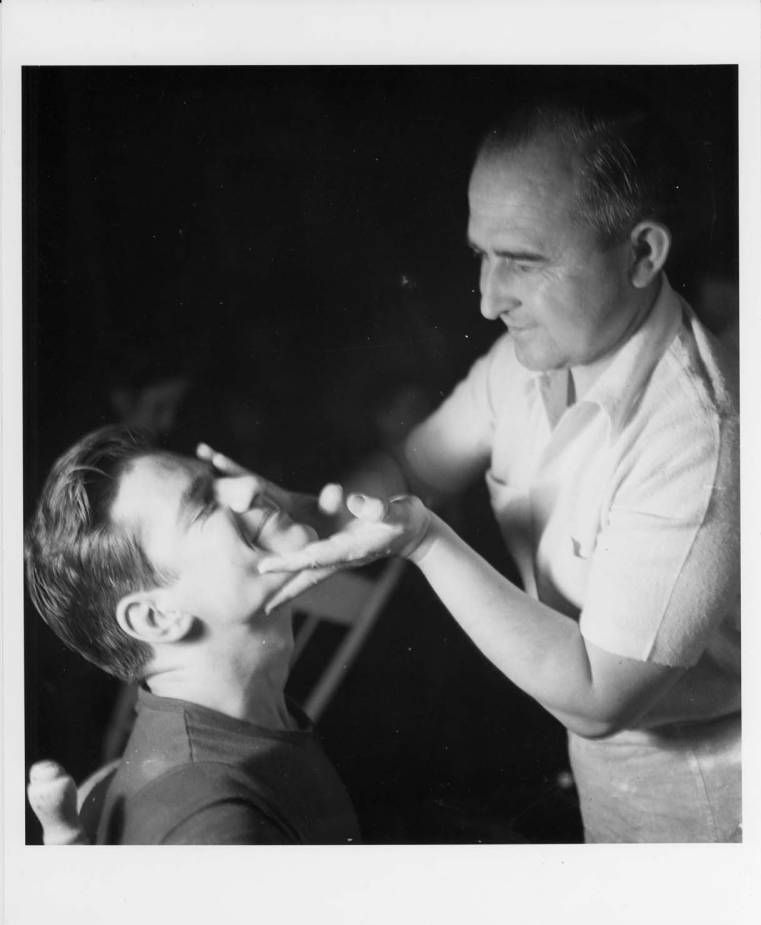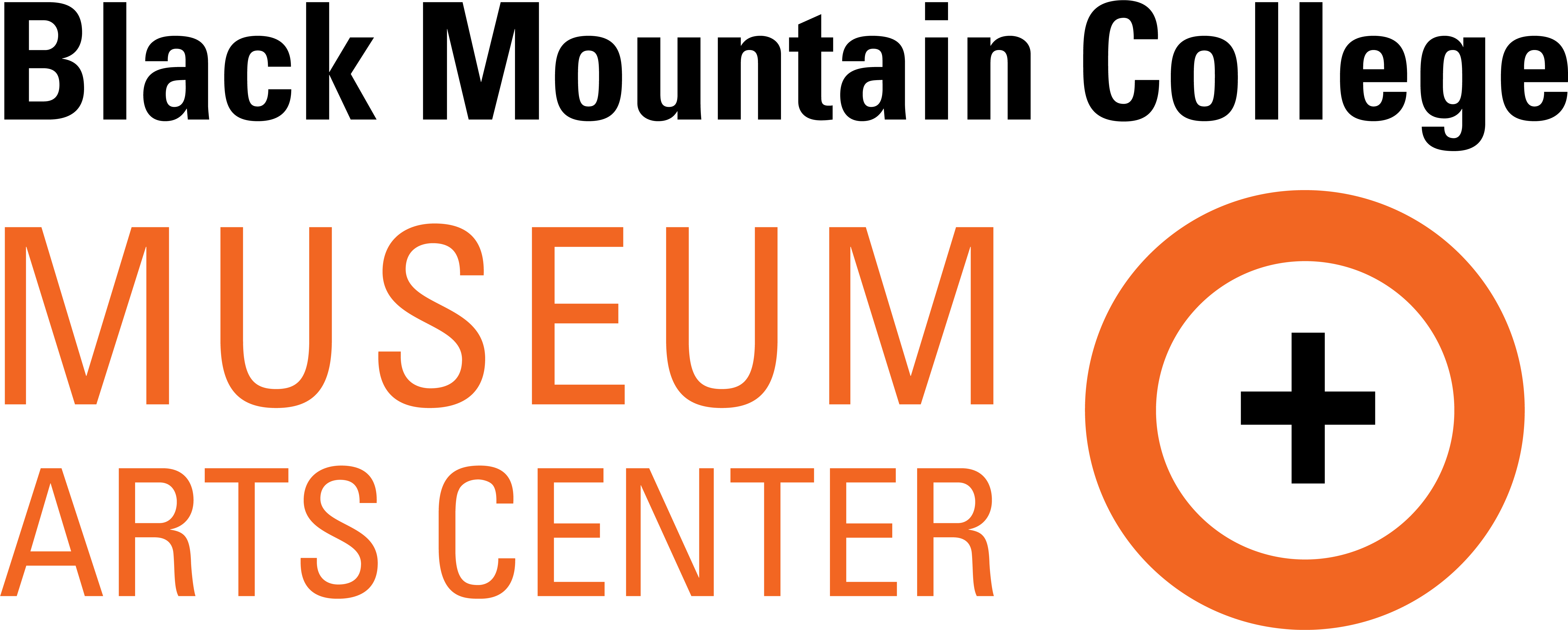Robert "Bob" Wunsch

Crop of faculty photo of Robert Wunsch. Courtesy of Western Regional Archives
Robert Wunsch with drama students, Mendez Marks and Betty Kelley. Courtesy of Western Regional Archives
FOCUS
Performance Art
ROLE
Faculty, Admin
ATTENDANCE
1933 - 1945
BIRTH
1896-10-19
Bob Wunsch served in many roles at the college, including Rector, Faculty, Head of Theater Department, Student Government Chair, Board of Fellows, and lead to many committees over his tenure.
Early Life
William Robert Wunsch grew up in Louisiana, but there isn’t much information about his early life. Many sources also claim that he was a North Carolina native, as he did complete some of his schooling in the state.
The first documented account of Wunsch was from his first job teaching. Before coming to Black Mountain College, Wunsch taught Math and Science at a high school in Monroe, Louisiana and at Rollins College, where he also completed his MA in 1932.
He went to the University of North Carolina for his A.B. until 1918, then completed graduate coursework from then until 1932 between UNC, Asheville NC Normal School and Teachers' College. He was also the president of North Carolina Dramatic Association from 1926-30, and 1932-33, before coming to Black Mountain College.
Rollins College
In the Rollins archive, there are records of correspondence between Wunsch and Rollins college president, Hamilton Holt. Wunsch talks about having Zora Hurston and Eatonville negros to the college for a theatre program or series of plays that highlight Negro life and culture. Holt responds that he could, but no Negros could be in the crowd, or would need segregated seating to attend. “I can think of no better way to introduce the students to the honest-to-the-soil material at their own doorsteps than to present to them in a program of folk songs and dancers a group of Eatonville negroes, headed by Zora Hurston. Zora, a national authority on negro ways, has won an enviable place for herself in American dramatics. Hurston dedicated a novel to Wunsch, Jonah's Gourd Vine.

Original playbills of Hurston’s Afro-American Folklore productions: FROM SUN TO SUN (February 11, 1933) and ALL DE LIVE LONG DAY (January 5, 1934). Both took place in the Recreation Hall at Rollins. (Images of playbills: Rollins College Archives; Photo: State Archives of Florida)
Black Mountain College
Throughout his time at the College, Wunsch taught literature and theater, directed dozens of plays within the theater department, and acted as Rector. He is most notable in the College’s history as the individual that found the first home for BMC at Blue Ridge Assembly. He joined the faculty about a year after John Rice formed the College, after students actively raised funds for a year’s salary for Wunsch.
Wunsch championed for many African American creatives to speak and teach at the College, which led to the creation of their first Negro History week, then to hosting temporary or guest lecturers, and later discussions about integration.
Wunsch was also a leader in education and was part of many national associations for the education of educators. He traveled regularly during the summers to bring awareness to the College at conferences, he gave presentations about the educational ideals of BMC, helped to recruit faculty and students to the College, and actively engaged with the surrounding Negro schools and Negro Secondary Schools Association.
The Western Regional Archives houses many personal and professional records from Wunsch's travels throughout educational workshops and conferences. Wuncsh regularly wrote to the Mangolds and the Dreiers to update on his travels, keep up to date on BMC news, and weigh in on community decisions from a distance. The following excerpts are from letters found in WRA's Robert Wunsch faculty files.
July 19, 1939 Letter to Anne and Fred Mangold from Wunsch
“I am up to my eyebrows in work—as hard at it as every I was at Black Mountain. Enjoying it immensely, however! For I am doing a damn good job. The best job, perhaps, I have ever done. Sitting, as one of the leaders, in a daily seminar on educational philosophy; periodically conducting a discussion, with a group of English teachers, on methods and materials; daily teaching a creative writing class; directing “Waiting for Lefty”; planning and directing the Workshop radio programs. Not to mention holding individual conferences, attending three-hour long staff meetings and keeping records.”
August 17, 1940 Letter to Kenneth Kurtz from Wunsch, while at a conference in Chicago
"I am a very tired man. I have worked hard, perhaps too hard. But I have felt that I was on the spot, that Black Mountain College was on the spot, here at Chicago. And I have had to run to keep still! I have done a good job, I am sure of it. But there has been much sweat and very little joy in the work for me."

Robert Wunsch applying makeup to Tommy Brooks. Courtesy of Western Regional Archives.
Wunsch arranged many drama performances outside of the college campus. Stephens-Lee High School was a regular host for performances, which was a local African American school.
2017.40.146 Black Mountain College Community Bulletin (Year 11, Bulletin 22, March 6, 1944); page 1
"The Black Mountain College actors will give a performance of “Outward Bound” at the Stephens-Lee High School in Asheville on Friday afternoon, April 7 and a performance of “Straw for the Scarecrow” for all the small Negro children of Asheville in the Stephens-Lee Auditorium on May 6. “Outward Bound” will be given to help raise money for the building scenery and beautifying the Senior Room at the Stephens-Lee High School. The Black Mountain College actors will give a series of dramatic sketches and a one-act play in April at the Negro Allen Home and School to help them raise money for their school."
Last years at BMC
Wunsch was known by the locals of Buncombe county, as well, as he regularly visited town. He was known to be an ally to the black community and that was both celebrated and hated by the locals. In the summer of 1945, Wunsch was found alone in his car with a man and arrested for “crimes against nature.” Some scholars believe that was set-up with the intention to arrest because Wunsch’s beliefs were conflicting with many locals and the individuals at the College had altercations with the Buncombe county law enforcement. No written documents can prove this. Wunsch’s charges were ultimately lessened to trespassing after Theodore Dreier plead to the judge for a lesser sentence.
Upon return to the College, Wunsch was asked to resign and faculty told the students that he was retiring. Many heard of his arrest and the story spread through the College. No one helped him retrieve his personal items and he left in the middle of the night. He told the courts, upon his arrest, that he was to go home to Louisiana and many claimed he stayed there to get over a sickness. There are faculty meeting notes and financial records in his faculty files at Western Regional that show that faculty pooled together money to support his relocation.
The last known whereabouts of Wunsch are here-say among students and faculty, as he did cut ties with the college after his departure. He moved with his family to California and worked as a postmaster. Students, such as Jane Slater, noted in personal letters that she saw Wunsch at community events and concerts while she lived in California, and those are the last known records of his whereabouts.
Biography written by Amanda Hartman.





